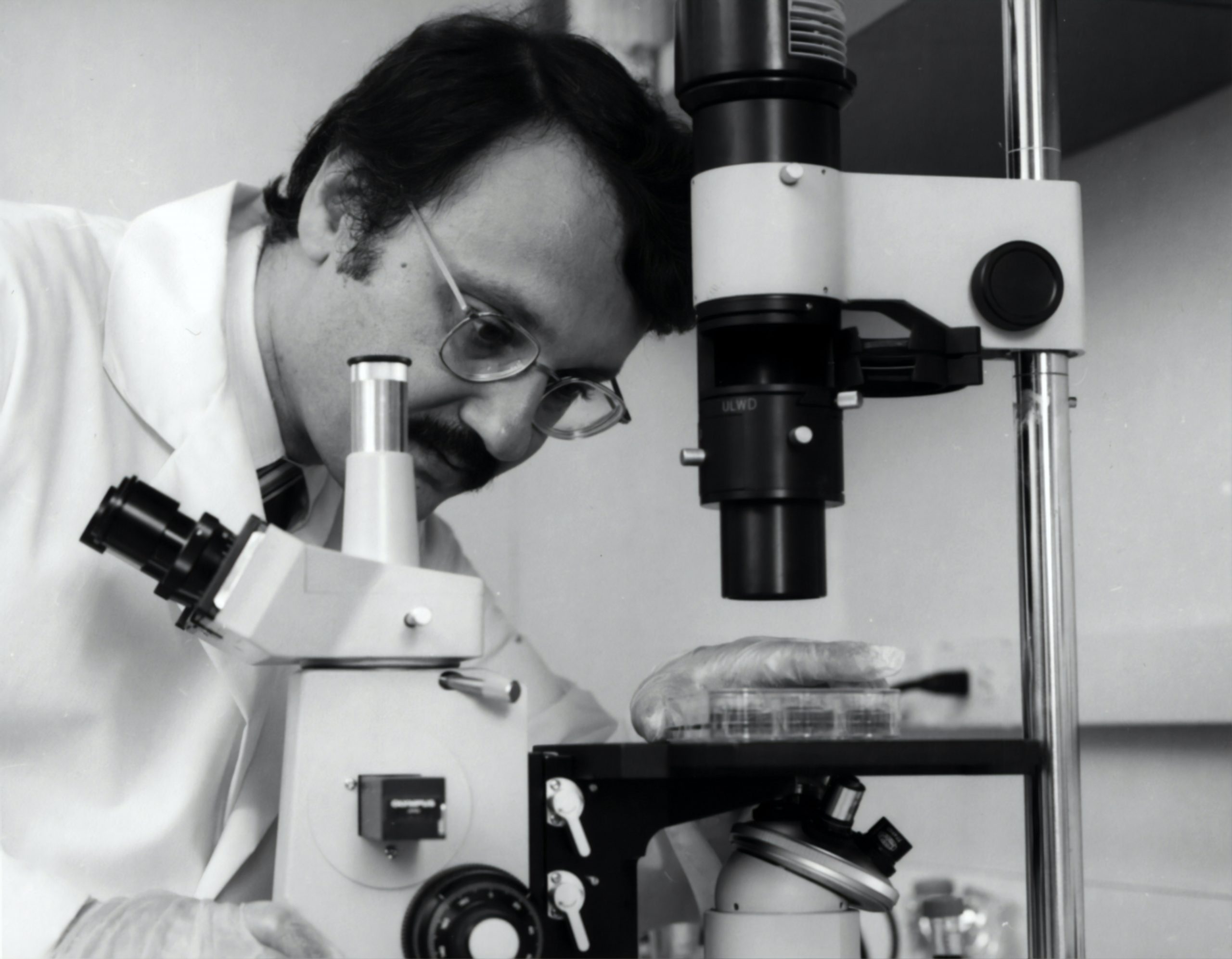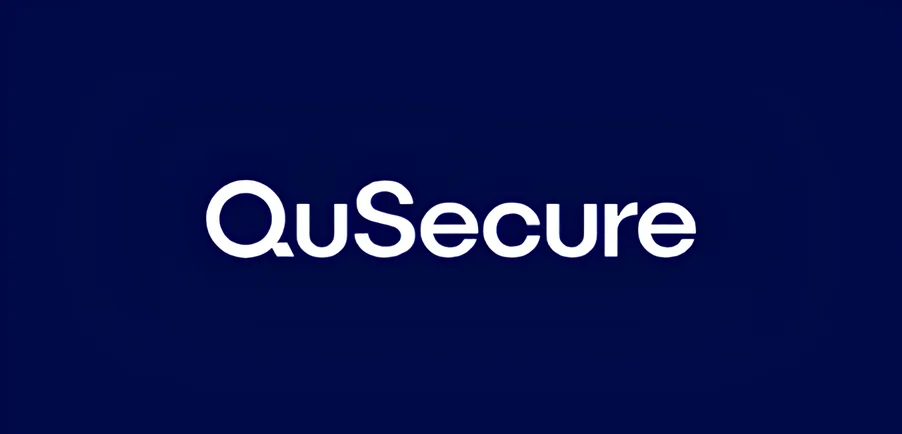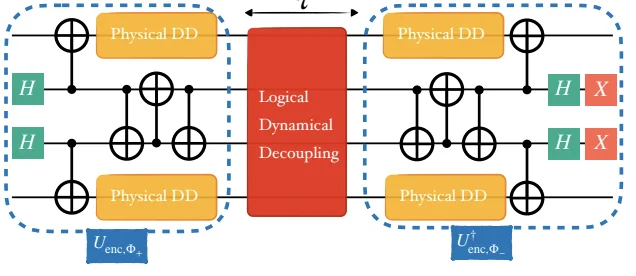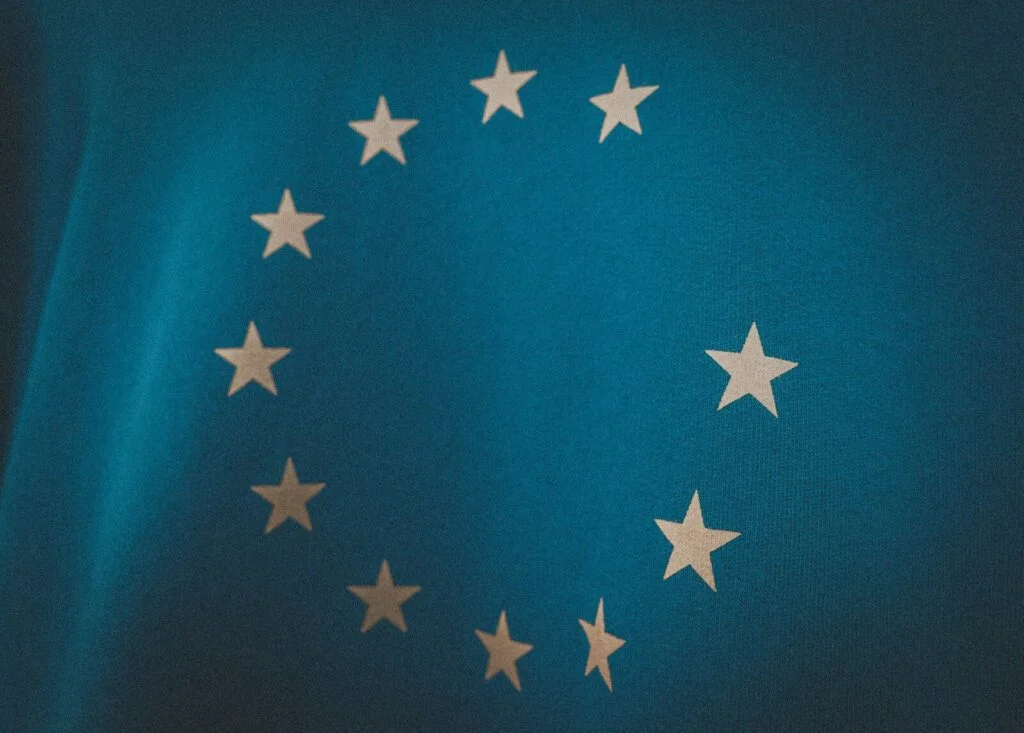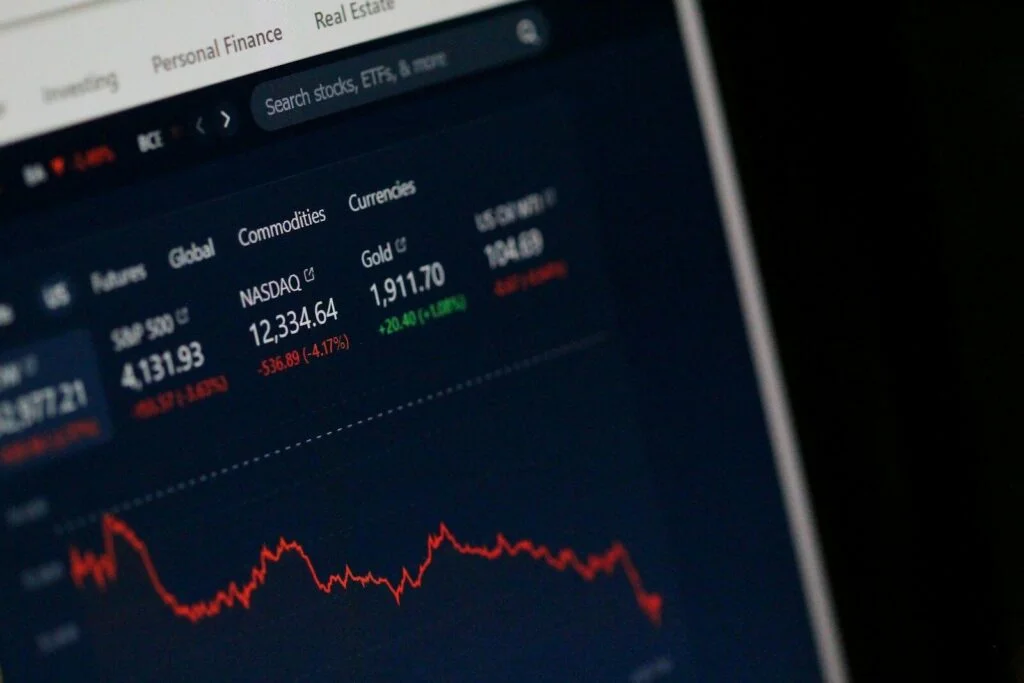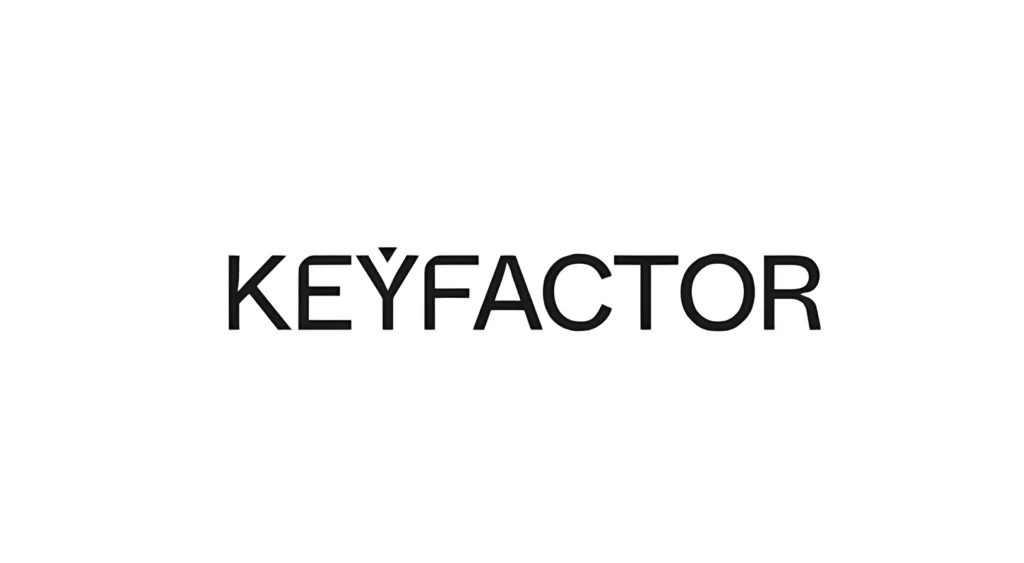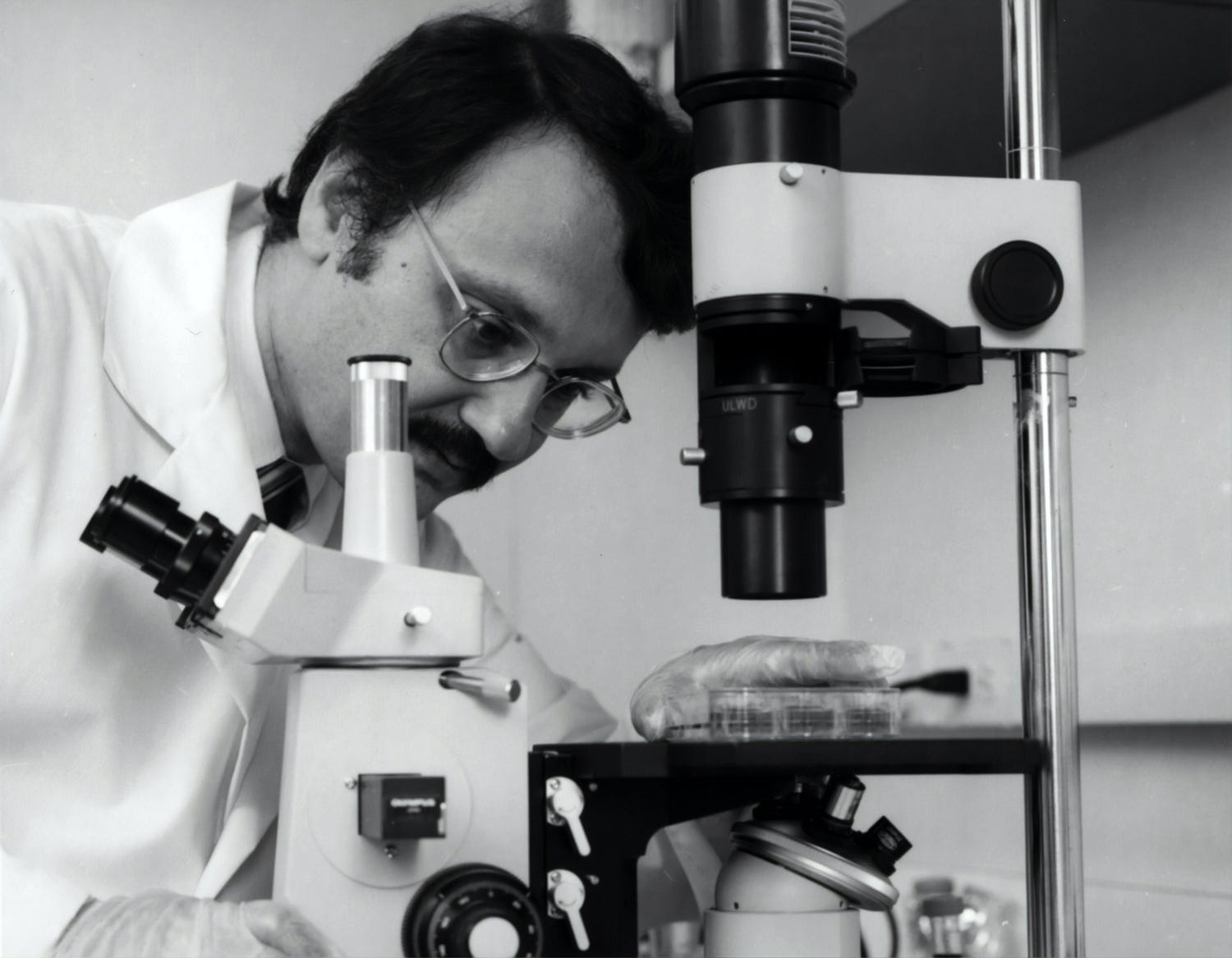
Time, Love & Tenderness
Until quantum computing (QC) and other quantum technologies rise to the level where they serve people like the deep tech sectors such as AI and blockchain do currently, there will be little use for them. However, things are slowly changing. The growth of quantum information science (QIS) over the last decade has been a revelation: an uptake in interest by the large multinational corporations, as well as the founding of smaller startups, is fuelling the quantum fire in VCs and other parties with large purses.
The biggest influence on all this, though, is happening in the universities and other institutes of higher learning, quite naturally. For that is where the future quantum physicists, programmers, managers, and ancillary staff will come from. More so now since many of the universities have started offering undergraduate and post-graduate courses in QC.
To nurture and develop the brains, which in turn will create an educated workforce for the quantum age, is going to require — quoting Micheal Bolton’s eternal lyrics — ‘time, love and tenderness’… oh, and the small matter of millions of dollars’ worth of lab equipment for them to experiment to their hearts’ content.
So it’s a good thing that base is covered by companies like Quantum Design International (QDI), which has been manufacturing ‘automated temperature and magnetic field testing platforms for materials characterization’ since 1982.

A privately held corporation, QDI has offices in the U.S, the Far East, the Indian subcontinent, and Brazil — not to mention in more than two dozen European countries. QDI’s top-of-the-range scientific instruments offer reliable hardware solutions for universities in physics, chemistry, biology, materials science, nanotechnology, and the big one: QIS.
Since its beginnings in the early 1980s — and strangely enough about the same time the genius of quantum physics Richard Feynman asked the pertinent question as to whether quantum physics could be simulated by a classical computer at the first conference on Physics and Computation at MIT, QDI has been nurturing its reputation in manufacturing scientific instruments and the all-important distribution channels to the global market, a market that is only set to grow with the onset of the QIS revolution.
Quantum Design
Located in San Diego, California, Quantum Design Inc. (QD) is the manufacturing division of Quantum Design International (QDI). QD’s superconducting and magnetic physical property measurement hardware equipment can be found in some of the world’s top research institutions, helping tomorrow’s scientists develop into the Feynmans of tomorrow and beyond.
QD instruments may be found in the world’s leading research institutions, and have become the reference standard for a variety of magnetic and physical property measurements
— Quantum Design
Not long ago Quantum Design enlarged its range of laboratory equipment products to include:
— 7T magneto-optical cryostat for experiments that use light and other forms of radiant energy to probe matter;
— Compact IR Crystal Furnace for the creation of new materials;
— Superconducting High-Gradient Magnetic Separator (SHGMS) for the processing and improvement of Kaolin clay;
— Advanced Technology Liquefiers (ATL) and Helium Recovery Systems for the conservation and recycling of helium (a vital and increasingly scarce resource essential for cryogenic research and instrumentation).
And of more interest to TQD, is the company’s product line for quantum computing:
— Single Photon Detection Systems — Single Quantum models Eos & Iris-S19
— Quantum Optics and Quantum Information — models quTAG, quTAG HR & quTAG MC
— Laboratory SQUIDS — Quantum Design DC SQUID System
— Quantum Education Kits — qutools quED, quNV & Quantenkoffer Physics Science Kits
Apart from this impressive list, QD also offers cryogen-free magnetic refrigerators manufactured by German startup kiutra: The S-Series and the L-Series ADR Cryostats, respectively. The agreement, which was signed in the summer, allows QD to distribute kiutra’s products.
“Kiutra’s technology will complement our Quantum Materials Characterization product offerings and fill an important gap by offering stand-alone continuous sub-Kelvin environments, located between standard liquid helium cryostats and more complex He3 and dilution refrigerator options. Easy sample exchange coupled with continuous sub-Kelvin cooling ability provides an ideal working environment for quantum materials and detector testing as well as other related material science,” said Aashish Chourey, Director of Business Development for Quantum Design, on the partnership.
President of Quantum Design is Greg DeGeller. In the position since 2012, he has an extensive management background in industrial engineering and worked for Boeing for more than two decades. With a BA in business administration from Washington State University, he also holds an MBA from the University of Phoenix.
President and CEO of Quantum Design International is Jerry Daviess. President of Quantum Design from 1996 to 2012, Daviess was captain of the ship that saw QDI’s business growth transform from $7M to nearly $56M. With eight years at GE Medical Systems (now GE Healthcare), as well as five with Toshiba America Medical Systems, Daviess has a BSc in bacteriology and public health from Washington State University and an MBA from Marquette University.

It will take leadership like DeGeller and Daviess to advance QDI’s role in the quantum revolution by being innovative when it comes to reliable, cost-effective laboratory equipment for research institutions.
Because tomorrow’s scientists — both in QIS and other disciplines — will be relying on them now.
If you found this article to be informative, you can explore more current quantum news here, exclusives, interviews, and podcasts.

